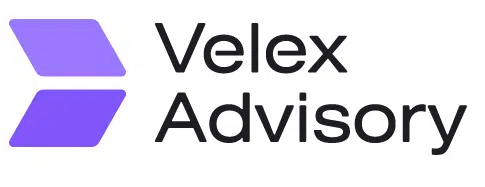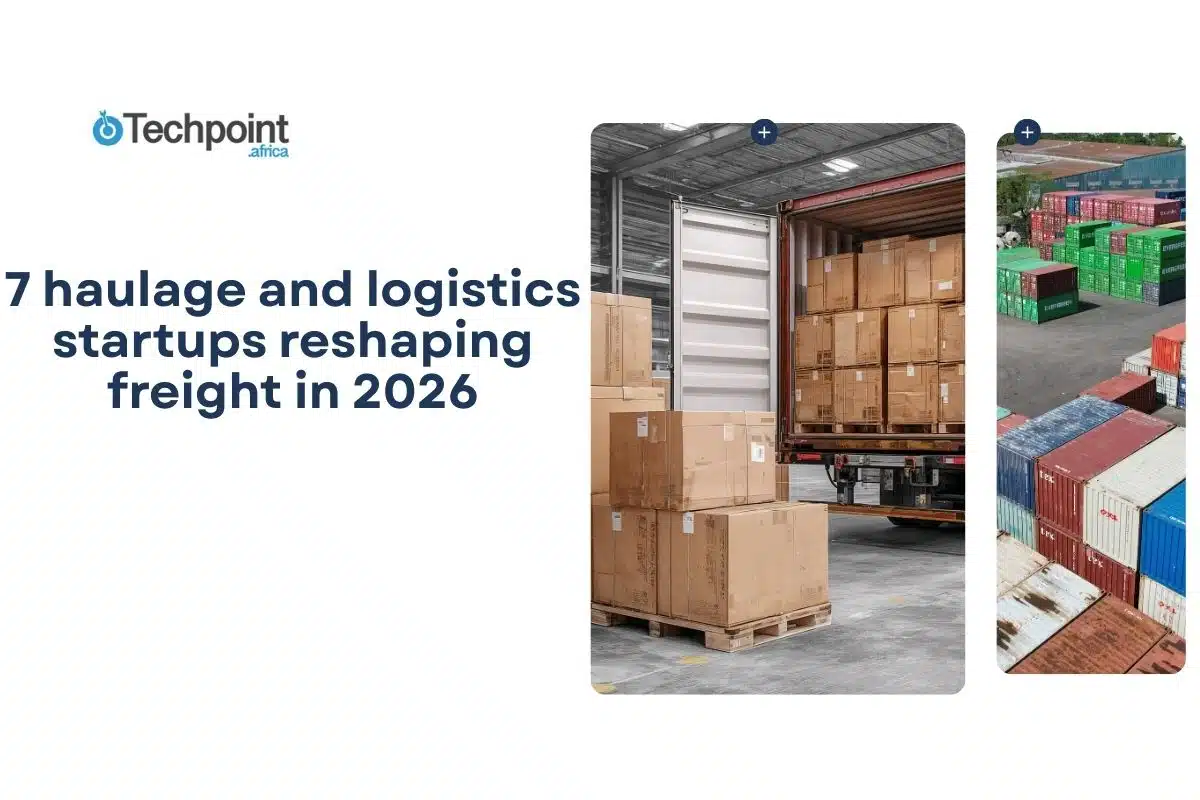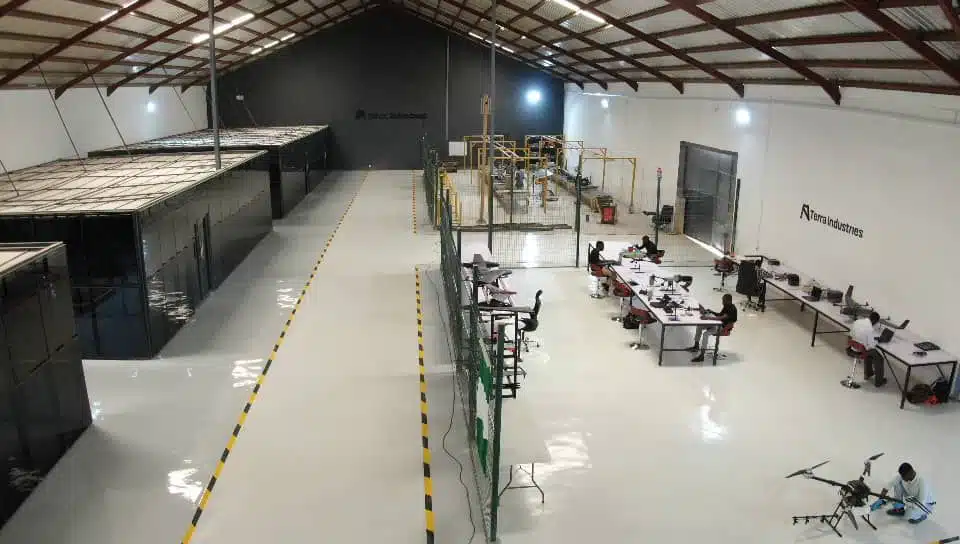Africa’s tech sector is expanding rapidly, but so is the complexity of entering it. Across 54 countries, you’ll find markets that differ dramatically in regulations, infrastructure readiness, digital adoption, and consumer behaviour.
If you are looking to launch or scale a tech company in Africa, these differences determine whether your product gains traction or struggles to survive.
At Velex Advisory, we’ve spent over 10 years helping businesses make smart, compliant market entry decisions across Africa. Here are key factors that you must evaluate to choose the right market for your tech expansion and position your business for long-term success.
1. Look beyond the usual “Big Tech Markets”
It’s tempting to go straight for Africa’s biggest economies: Nigeria, South Africa, and Egypt, because they have large user bases and visible tech ecosystems. But market size doesn’t always translate to the fastest or most cost-effective launch.
Markets like Nigeria and Kenya’s fintech spaces are huge, yet recent regulatory shifts around payment licences have created longer timelines for approvals. By contrast, Rwanda’s smaller market has positioned itself as a regulatory sandbox for emerging technologies, enabling startups to launch and test solutions with government support before scaling regionally.
2. Understand the regulatory and compliance landscape
Compliance can make or break your market entry process. Licensing requirements, data localisation laws, and payment processing regulations vary not just by region but by country.
Some jurisdictions have consolidated processes that allow you to secure incorporation, tax registration, and sector licences in a matter of weeks. Others may require separate applications to multiple agencies, which can delay product launches significantly.
For example, Mauritius has streamlined digital business registration processes and tax incentives for IT companies, making it a popular choice for SaaS firms serving multiple African markets. In contrast, markets with evolving tech regulations, such as Ethiopia, may present strong future opportunities in e-commerce and telecoms but require patience as licensing frameworks mature.
The recent shutdown of Okra, Nigeria’s open banking pioneer, is a reminder of what happens when regulatory realities and business models are misaligned. Okra had all the ingredients of a breakout success; $16 million in funding, strong engineering talent, and early traction in one of Africa’s most promising verticals.

Victoria Fakiya – Senior Writer
Techpoint Digest
Make your startup impossible to overlook
Discover the proven system to pitch your startup to the media, and finally get noticed.
Yet its core proposition depended on an open banking framework that had not yet taken effect. When regulations were finally scheduled to go live in late 2025, the company had already run out of time, having quietly returned capital to investors and shut down months earlier.
3. Match the market to your tech vertical’s momentum
Not every African market is equally ready for every type of tech solution. While some countries are still building basic infrastructure, others have already become hubs for specific digital industries. For instance
- In Kenya, more than 52.6% of the population uses mobile money daily, creating a user base that’s primed for new payment, lending, and savings products.
- South Africa has high internet penetration, mature logistics networks, and a consumer culture already accustomed to online shopping.
- Rwanda and Ghana are actively supporting AI and blockchain pilot projects through policy incentives and government partnerships, making them fertile testing grounds for frontier solutions.
- In Nigeria, the rapid rise of healthtech is fuelled by demand for remote consultations and prescription delivery, especially in urban centres with overburdened healthcare systems.
Artur Mildov, Chief Visionary Officer at Velex Group, points out that the strongest returns come when a startup’s vertical grows in sync with market momentum. The wrong match burns resources, but the right fit accelerates adoption.
4. Evaluate digital infrastructure and accessibility
For tech companies, infrastructure means more than roads and ports. It’s about bandwidth, payment rails, and device penetration. Even the most innovative platform will stall if internet speeds are too low for a smooth user experience, or if payment methods aren’t accessible to your target audience.
It is also important to consider both current infrastructure and planned investments to ensure you’re not forced into expensive workarounds after launch. Markets like Kenya and South Africa have robust mobile networks and widespread 4G/5G coverage, while others are investing heavily in undersea cables and data centres to close the gap.
5. Weigh political and economic stability against tech opportunity
Tech adoption thrives where policy is consistent and economic conditions support innovation.
Political instability or sudden regulatory reversals can unsettle even the most promising market. A country may offer a fast-growing demand for e-commerce but experience recurring currency depreciation that impacts subscription revenue in foreign-denominated accounts.
Balancing opportunity with stability is essential. Countries like Botswana and Mauritius may not be the largest markets but score highly on governance and investor protections, making them attractive as headquarters or regional hubs for tech operations.
6. Use regional trade agreements to your advantage
For a tech company, entering a market that’s part of a regional bloc can create a “gateway” effect. The East African Community (EAC), for instance, allows smoother cross-border movement of goods, services, and talent between member countries, a major advantage for scaling teams and rolling out services in multiple jurisdictions.
Launching in a country with progressive tech policies within such a bloc can accelerate your expansion timeline. For example, a fintech licensed in Kenya can leverage EAC relationships to enter Uganda, Tanzania, and Rwanda more quickly than starting fresh in each country.
7. Avoid the common tech expansion pitfalls
A frequent misstep is overestimating how easily a product that succeeds in one African market will succeed in another. Payment methods, digital literacy, and trust in online services can vary significantly between countries.
Another is underestimating the time and documentation needed for approvals, especially for sectors like fintech, healthtech, or any platform that processes personal data.
Skipping in-country testing and local partner validation is another high-risk move. On-the-ground insights often reveal user behaviour patterns and infrastructure realities that desktop research can’t capture, from the most widely used mobile wallets to the actual consistency of broadband speeds in target cities.
8. Take a structured, evidence-led approach
Successful tech expansion follows a clear sequence:
- Define the role Africa plays in your global strategy: regional hub, early adopter test market, or scale market.
- Shortlist countries that align with your product’s adoption drivers.
- Conduct deep market research, including competitor analysis and consumer behaviour mapping.
- Review compliance requirements, from licensing to data hosting rules.
- Validate assumptions with local experts and small-scale pilots before full roll-out.
This process transforms market selection from guesswork into a strategic investment decision.
9. Get the right partners
The most innovative tech product can fail if it launches in the wrong market or in the right market without compliance certainty. Partnering with an advisory firm that understands Africa’s regulatory, operational, and cultural landscape can mean the difference between a smooth scale-up and a costly setback.
Velex Advisory works with global and regional tech companies to pinpoint high-potential African markets, run rigorous regulatory and operational due diligence, and manage the entire setup process, from securing licences to establishing fully compliant local operations. With on-the-ground insight and cross-border experience, we help you expand with speed, compliance, and confidence.
Ready to identify the best market for your tech expansion?
Let’s have that discussion. Book a FREE Consultation Today.












